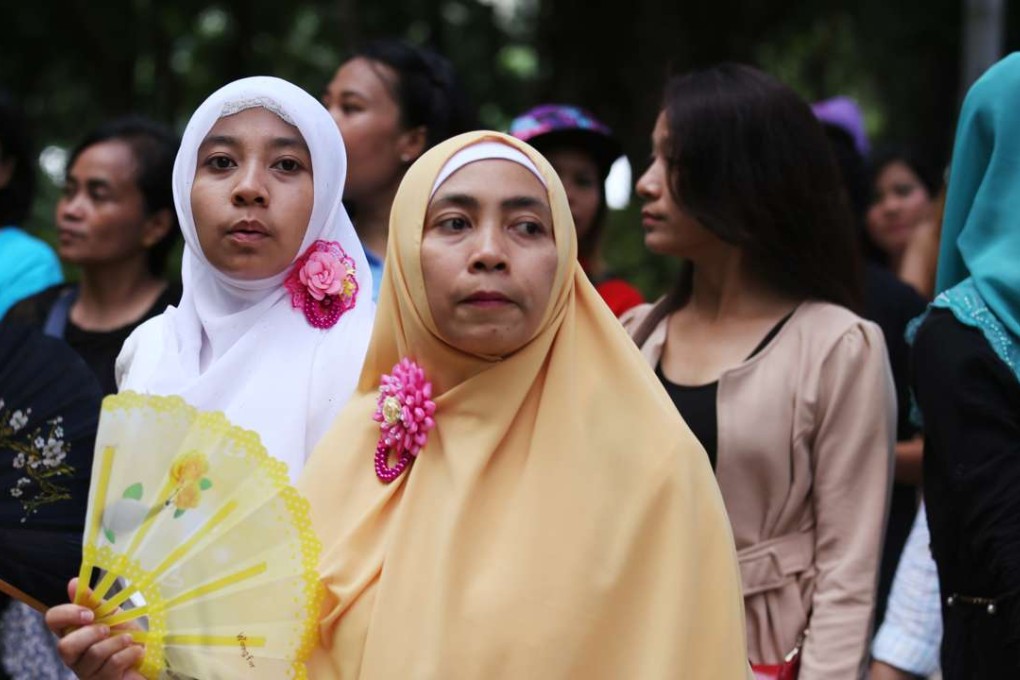How Hong Kong failed its domestic helpers
The ‘live-in’ rule and lack of mental wellness services contribute to immense stress on these workers, argue support groups after five reported deaths this year

Advocates of migrant workers’ welfare are urging the Hong Kong government to set up mental wellness services and job safety guidelines for domestic helpers following at least the fifth reported death of a domestic helper in the city this year.
Less than two weeks ago, a 35-year-old Filipino domestic helper fell to her death in Tseung Kwan O, as she was reportedly cleaning the windows of her employer’s flat. This marked at least the fifth domestic worker death in the city from a work mishap or suicide since January, according to news reports.
Cynthia Abdon-Tellez, general manager of the Mission for Migrant Workers, an organisation that provides resources for Asian migrants, said: “The Labour Department should have a clear policy on what is expected of a domestic worker. There should be guidelines on how to deal with domestic helpers and what their role is.”
“When a woman is required to clean windows from the outside without safety gear, accidents might happen. Maybe the employer is not even aware of the danger,” she noted of the recent case.